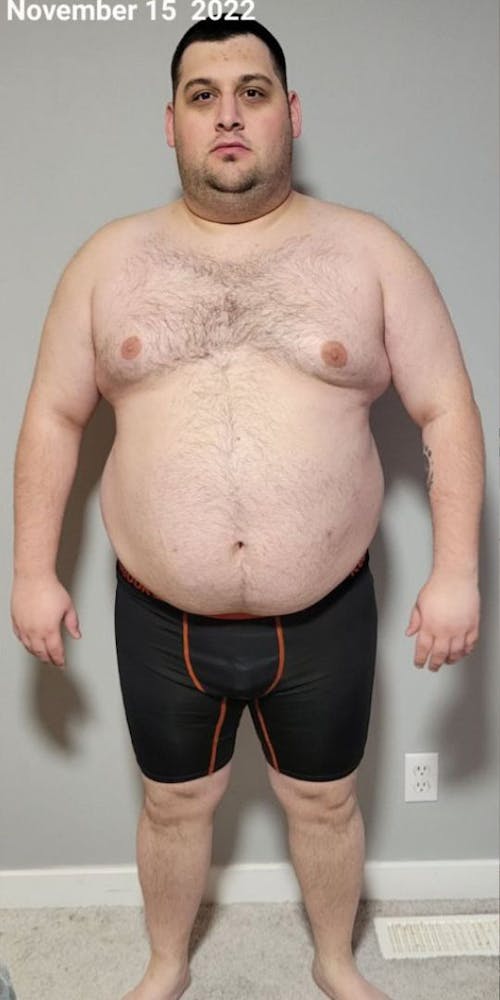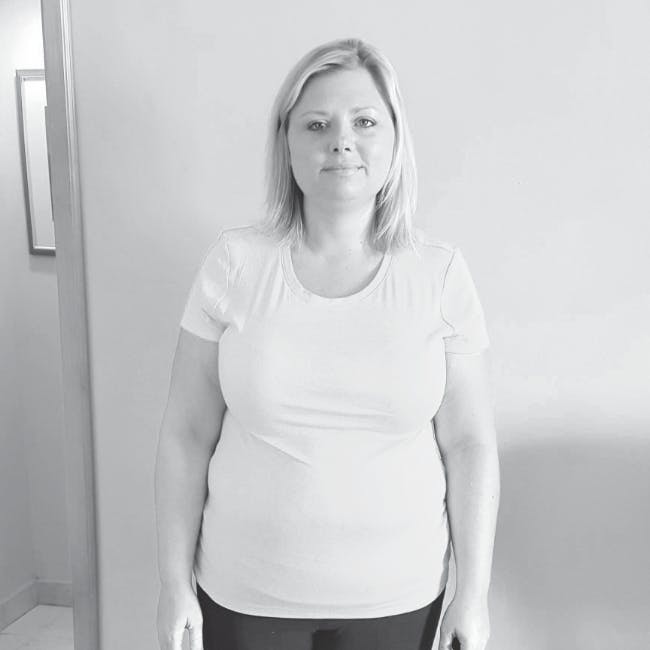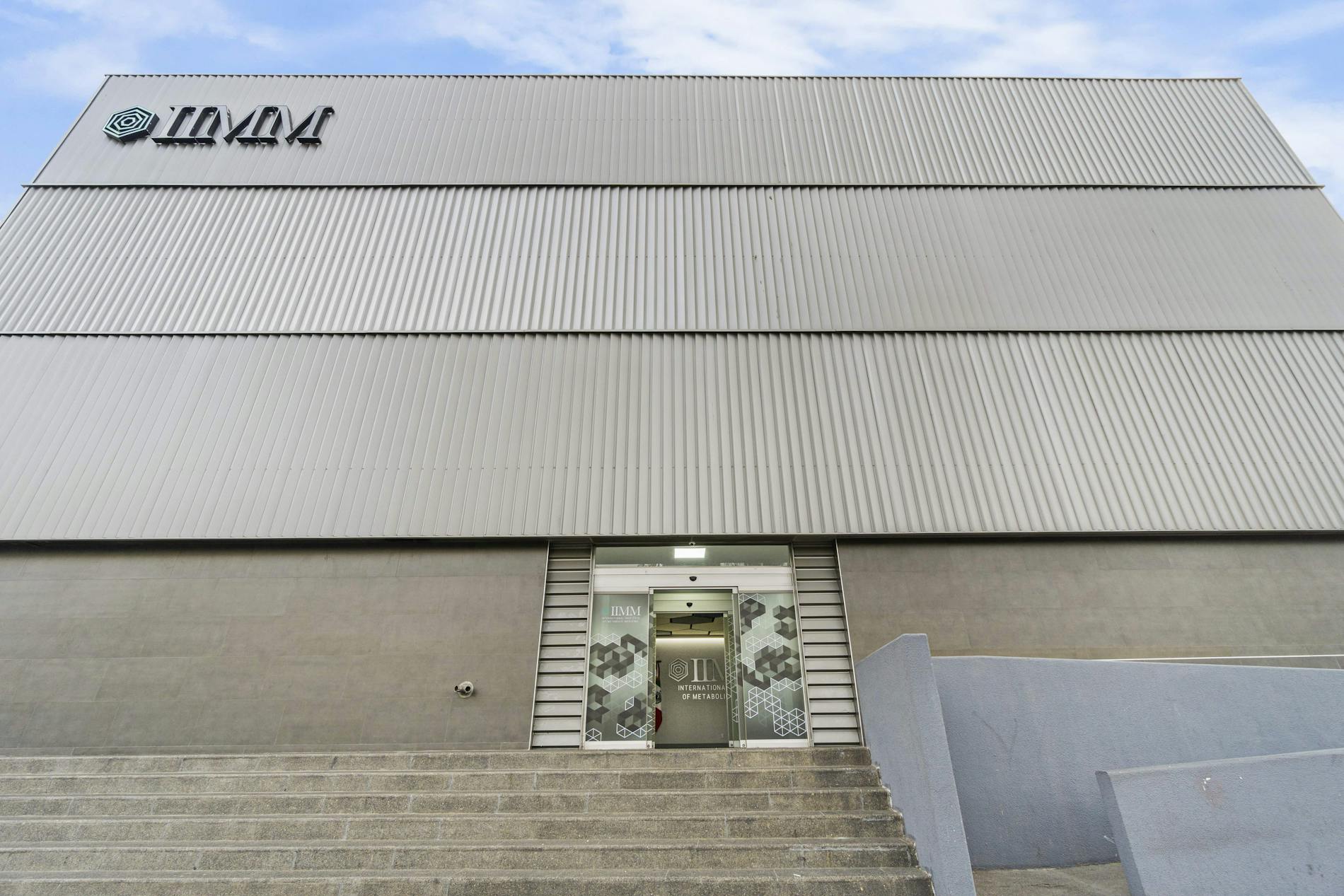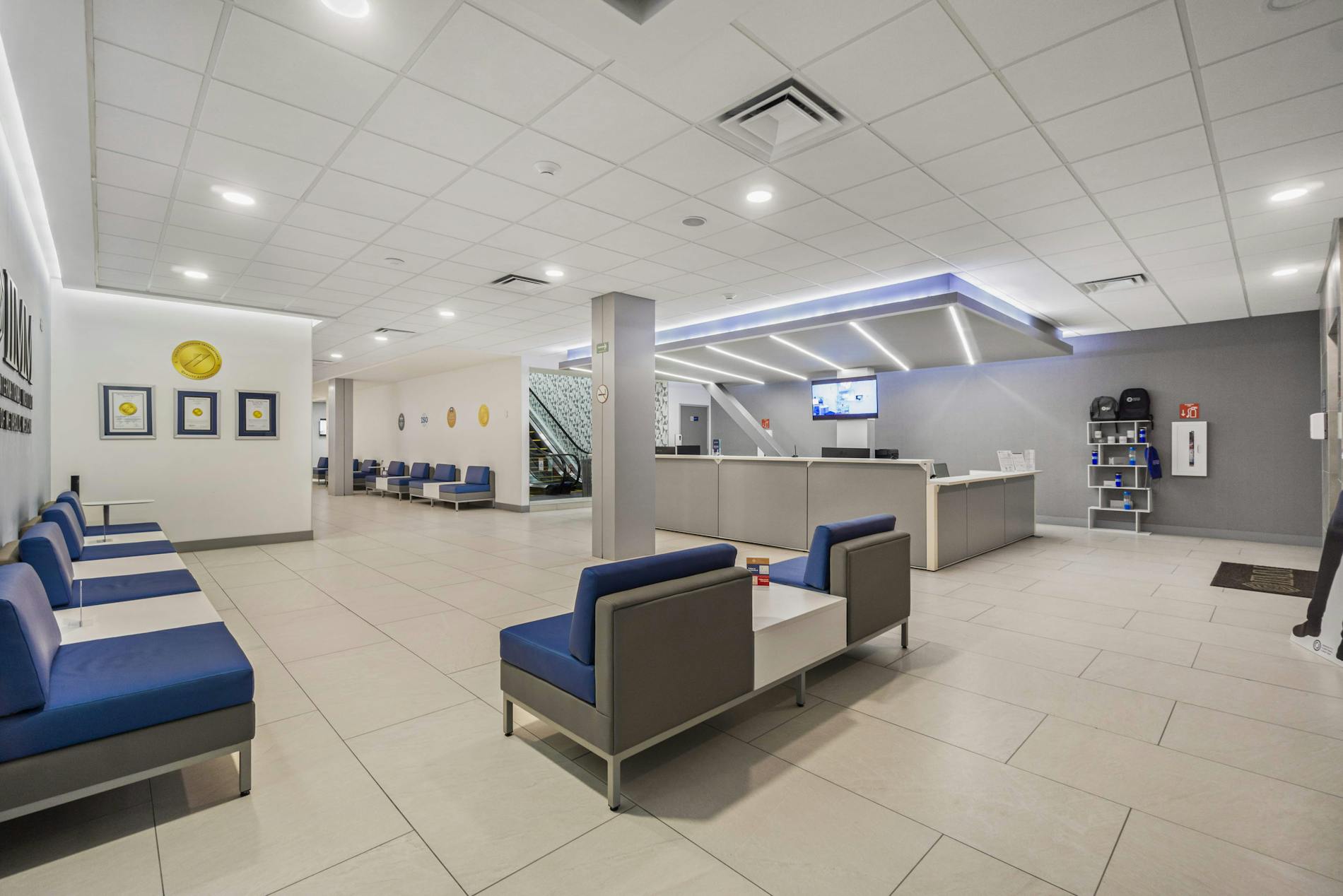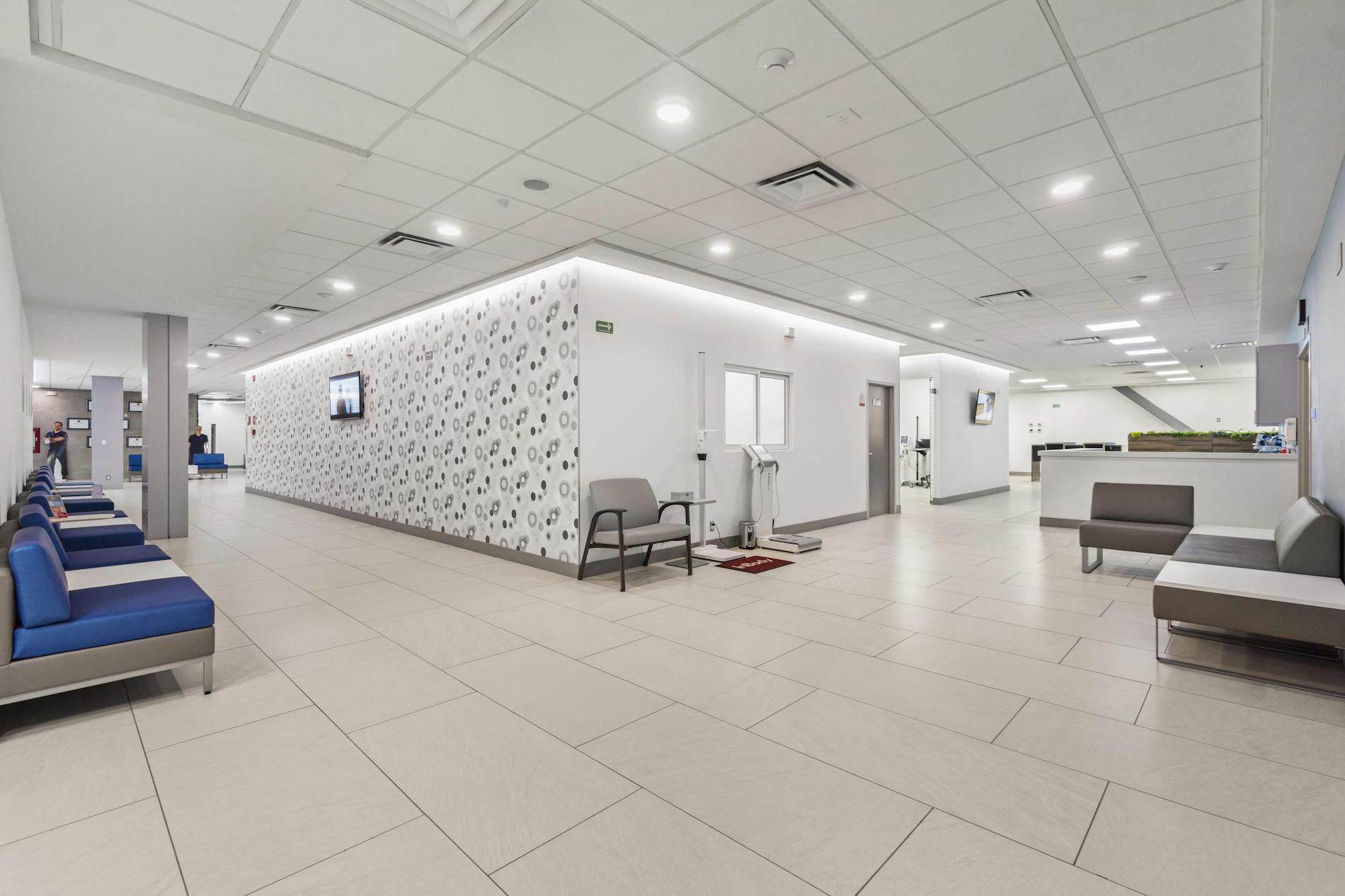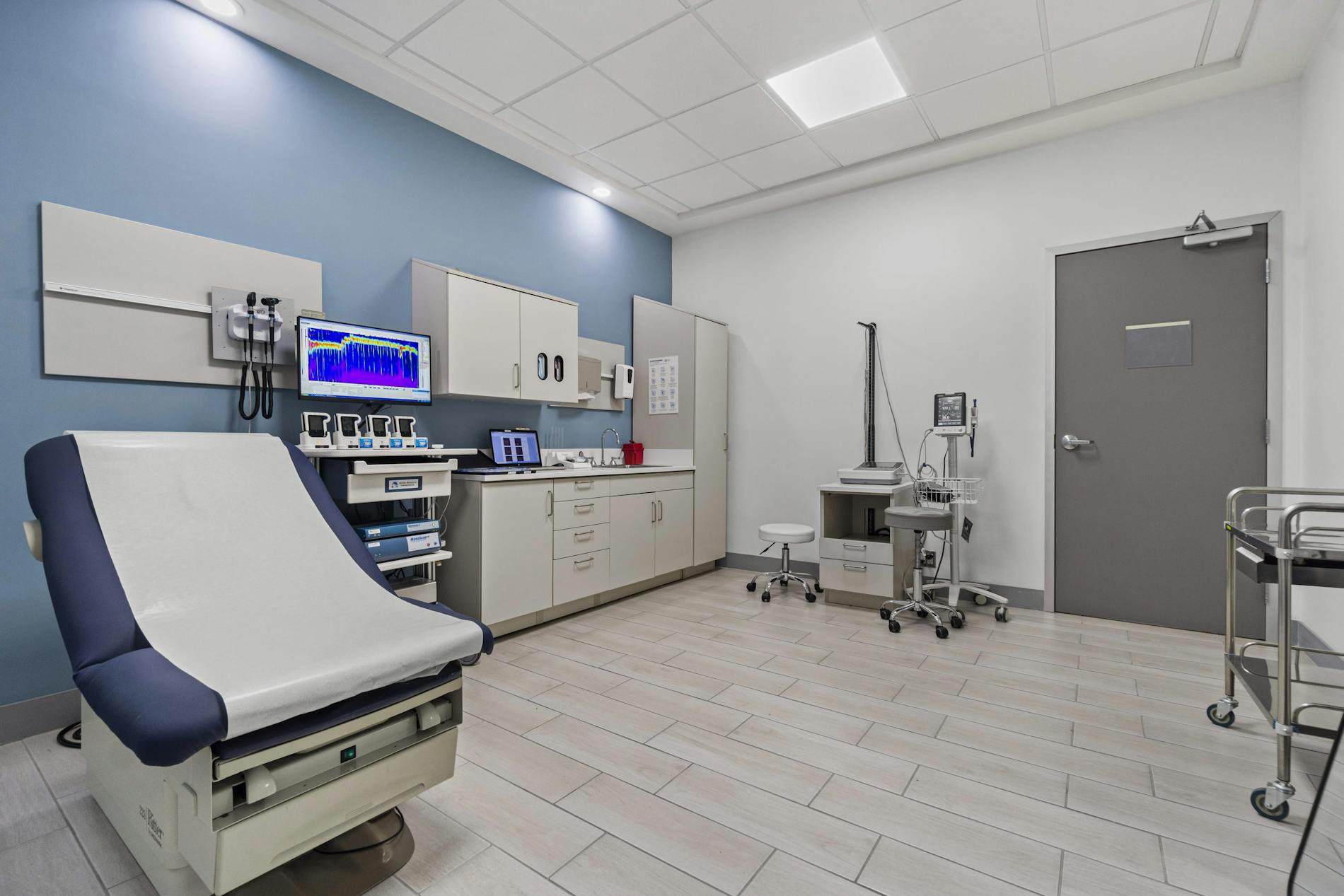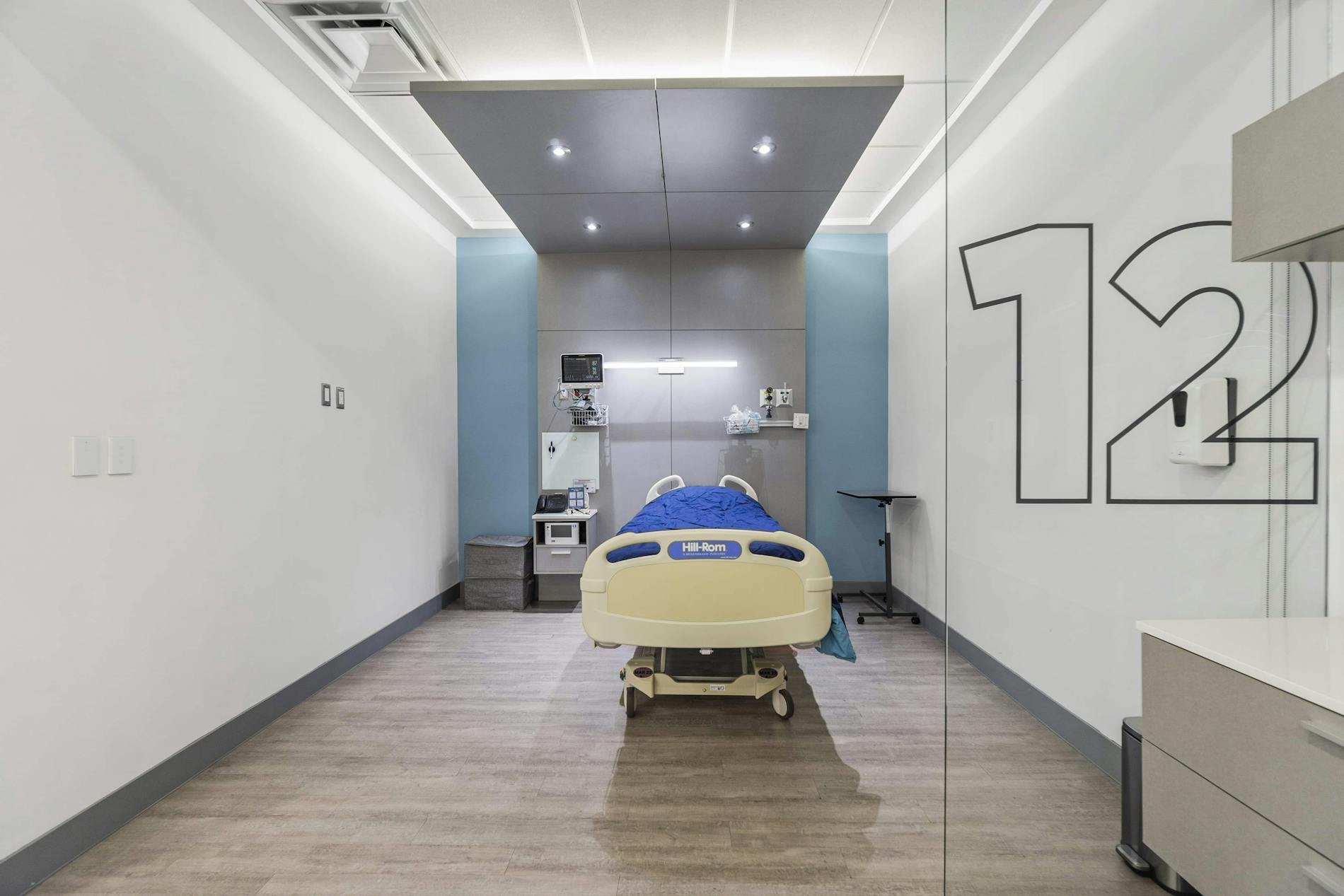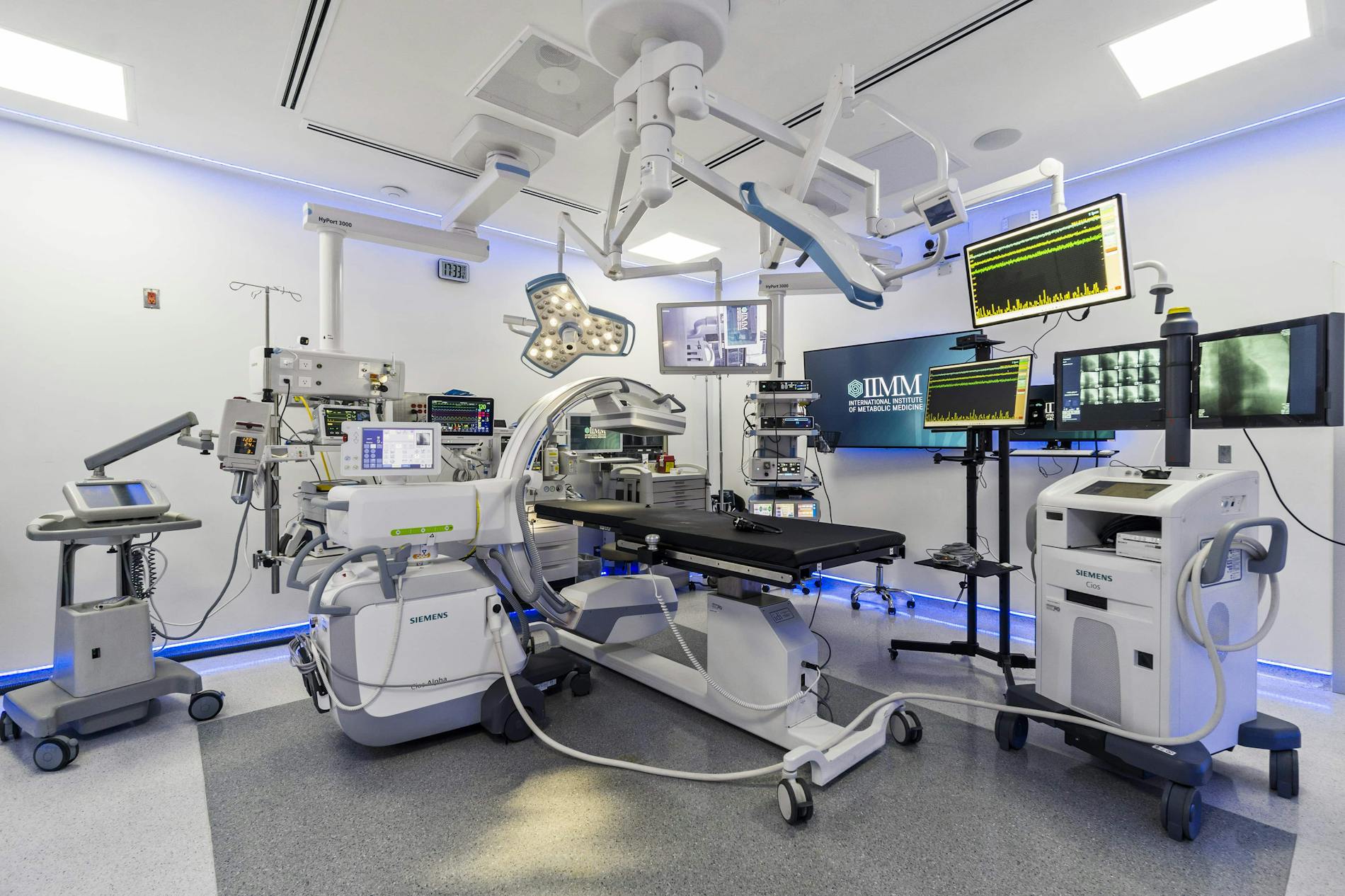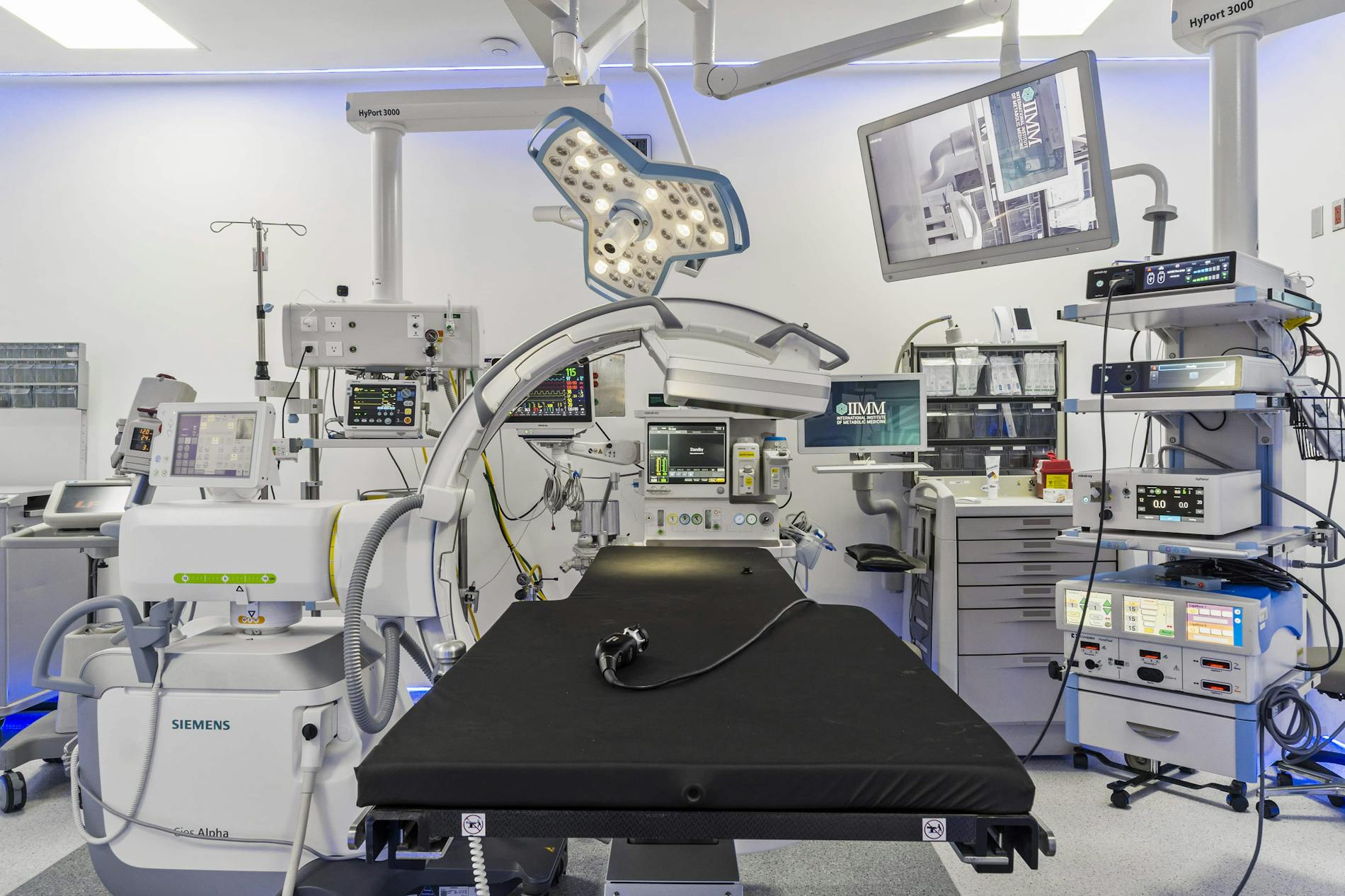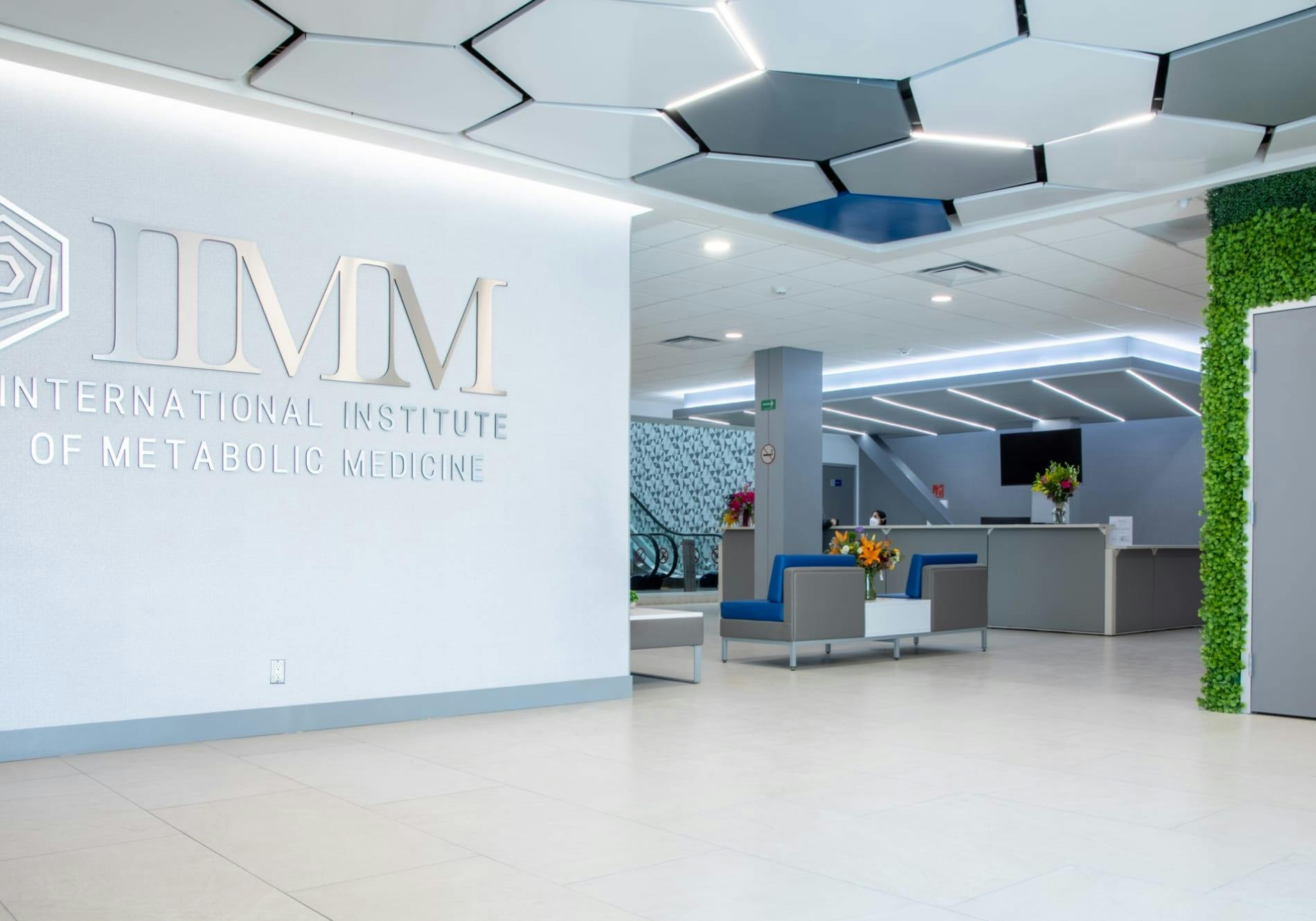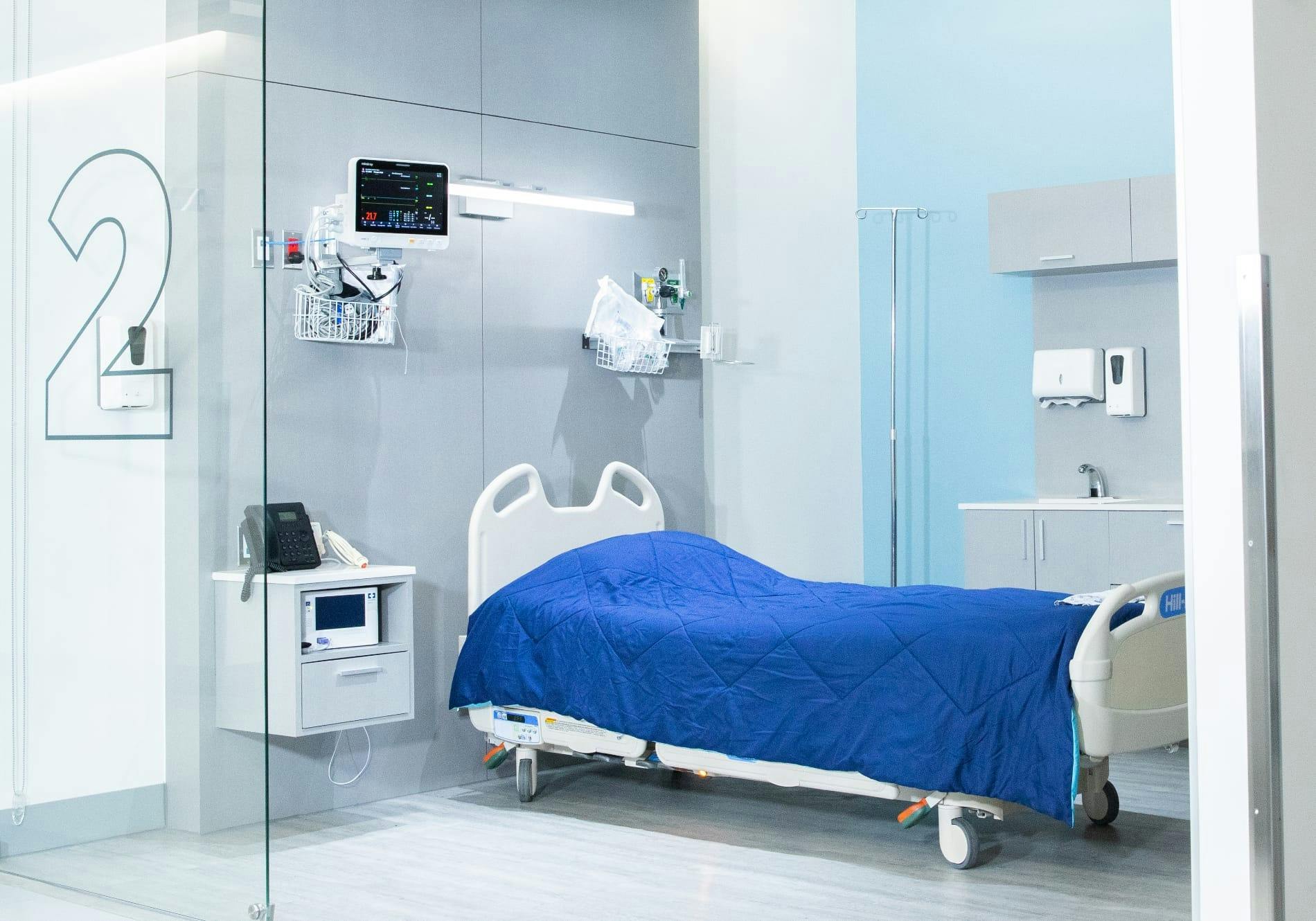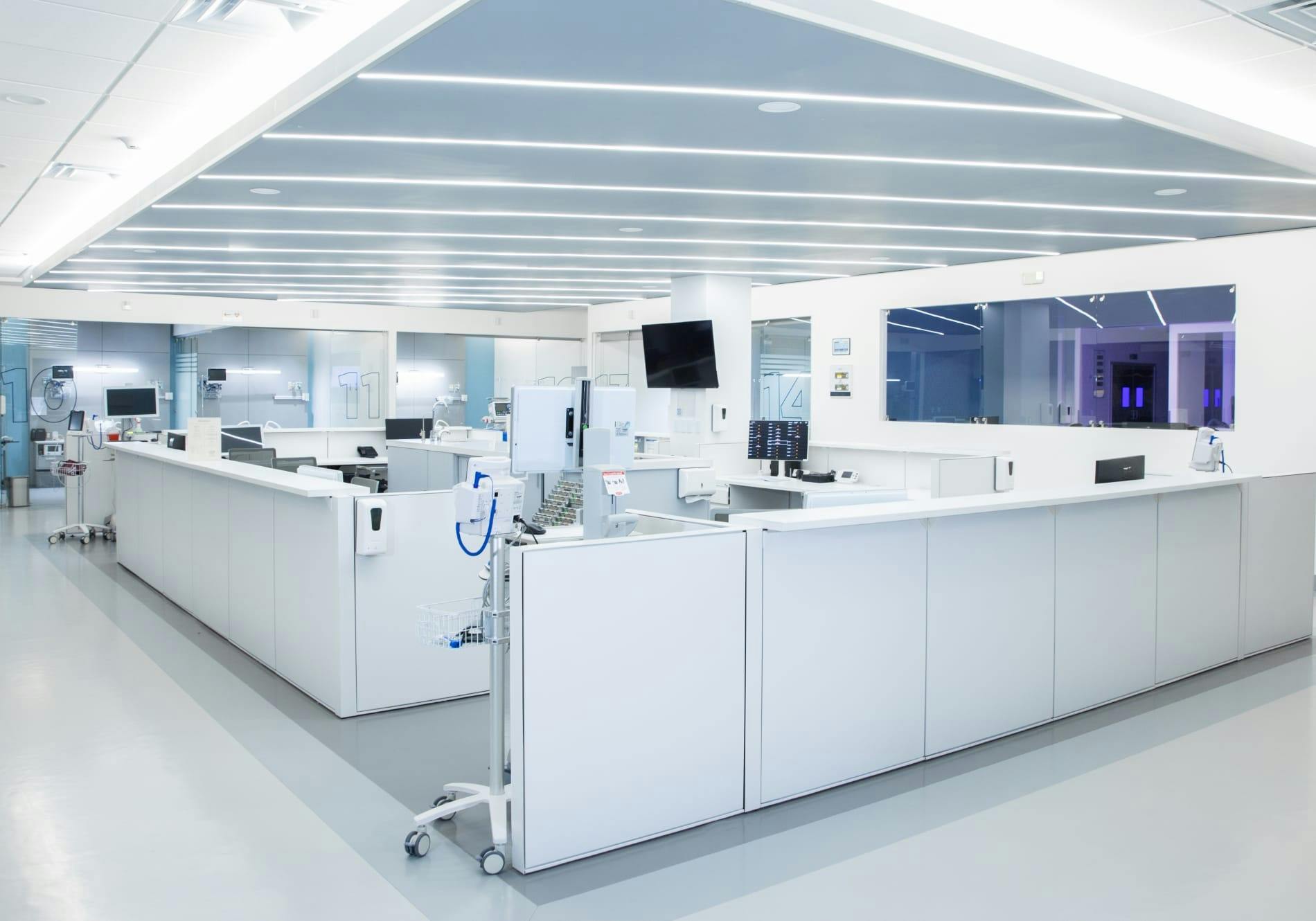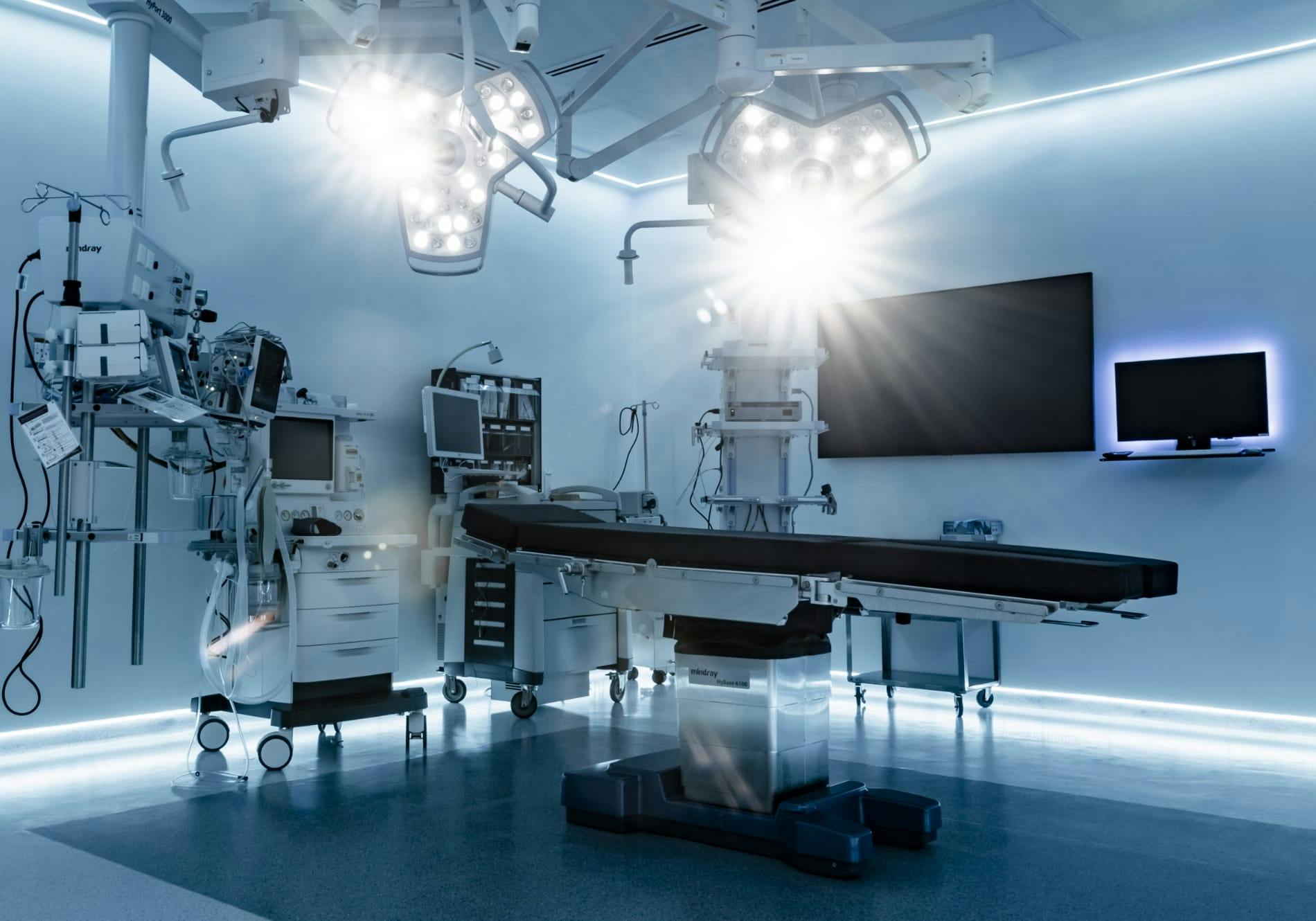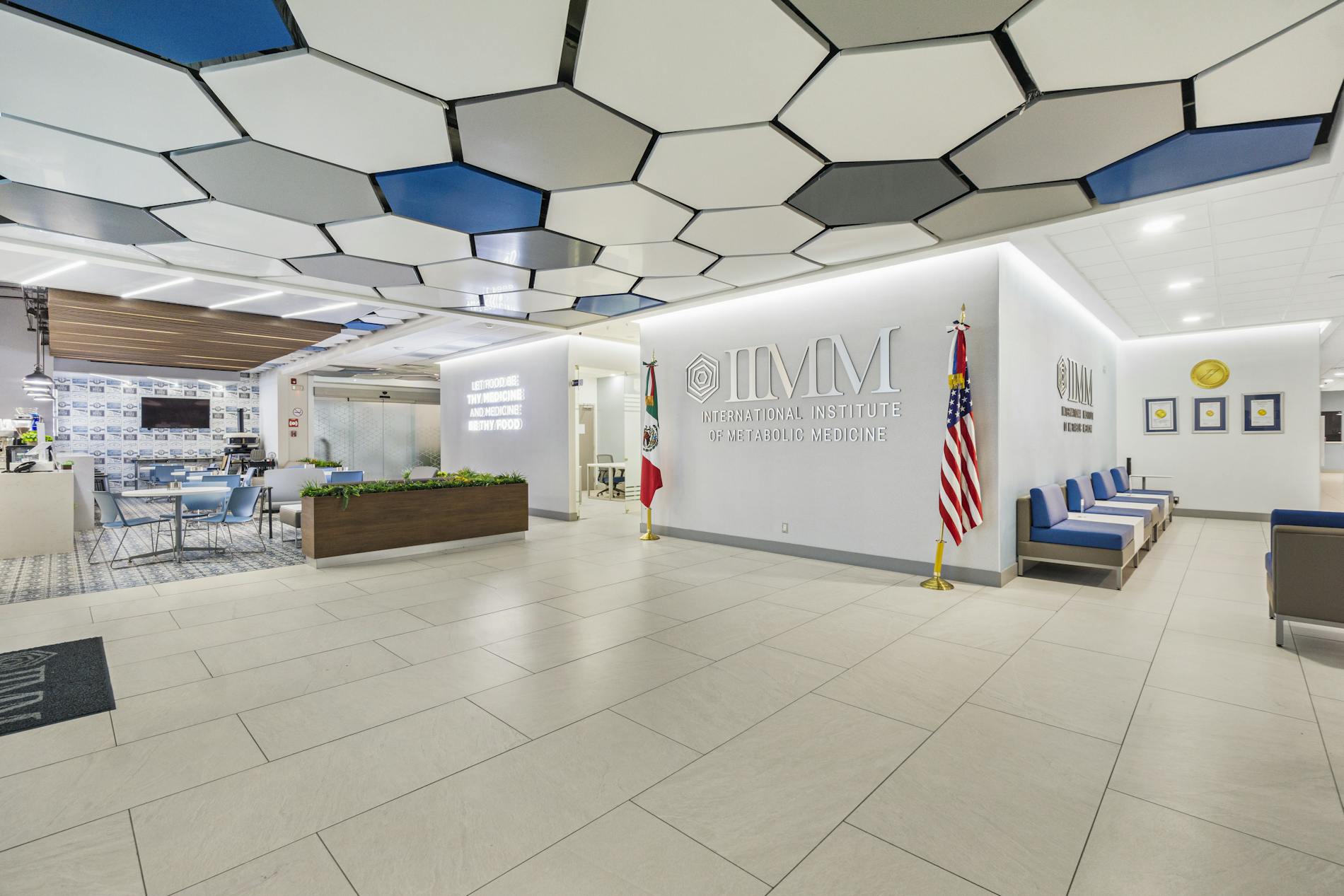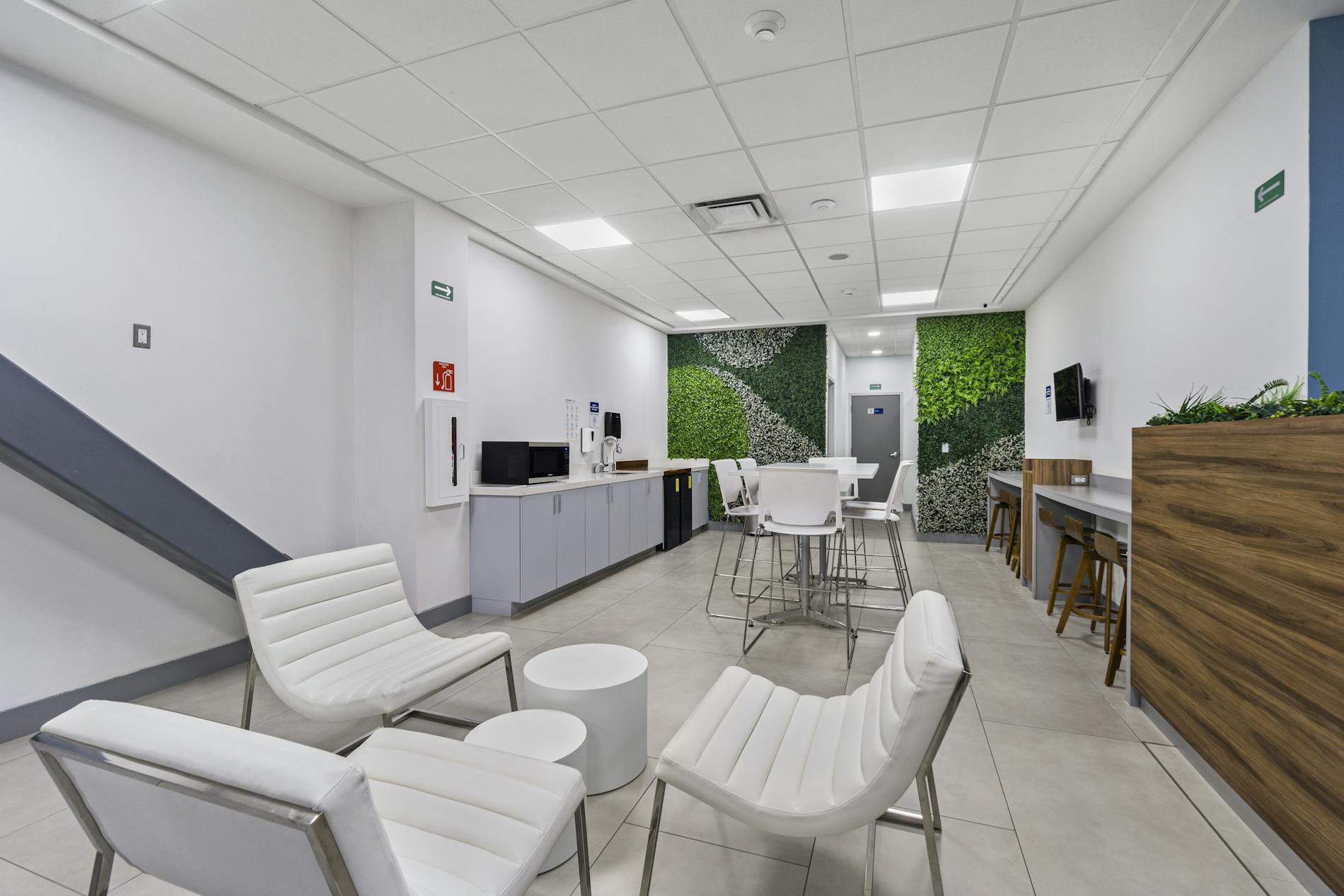Metabolic surgery is performed laparoscopically at the Obesity Control Center®, and is proven to drastically improve Diabetes Mellitus Type II, often resulting in the normalization of blood glucose levels. This allows many patients to stop insulin therapy or stop taking oral hypoglycemic agents. Such remission of diabetes also avoids complications like blindness, renal insufficiency, apnea, and some types of cancer. In our experience, the improvements in overall health start immediately following surgery. 42, 43
Some of Our Patient Before & After Images
A metabolic surgery center just 30 minutes from San Diego Airport
OCC is one of the few hospitals in all of Mexico to be fully accredited by Joint Commission International, and has also been designated as a “Center of Excellence.” Our gleaming, state-of-the-art facility is just one mile south of the U.S./Mexico border. Our team of bariatric surgeons is world-renowned, and we deliver the most advanced treatments available worldwide. 30-32
Cardiovascular and metabolic diseases associated with obesity include:
- Type-2 diabetes mellitus
- Hypertension
- Hyperlipidemia (high cholesterol or triglycerides)
- Coronary, cerebral and peripheral vascular disease
- Heart failure
- Atrial fibrillation
- Venous stasis disease and thrombotic disorders
- Obstructive sleep apnea
- Chronic kidney disease
Patient Success Stories
What are the signs and symptoms of metabolic syndrome?
If you have three of the following symptoms, you may be suffering from metabolic syndrome:
- A large waistline
- More than 40 inches (94cm) in men
- More than 35 inches (88cm) in women
- High blood levels of LDL cholesterol or triglycerides
- Low blood levels of HDL cholesterol (good cholesterol)
- High blood pressure
- High fasting blood sugar

The OCC difference
Over a quarter of a century of experience and more than 26,000 patients is what sets OCC apart. We are a center of excellence in metabolic and bariatric surgery, giving us several unique advantages.
- A quarter-century specialized in the weight loss surgery field. We were some of the first to perform bariatric surgical procedures.
- Three Master Bariatric Surgeons caring for every patient. You’re always in the hands of a world-renowned and highly-trained surgeon. We are the only international team of bariatric surgeons, offering globalized bariatric healthcare and the best of the best to our patients. 30-32
- We have been fully accredited by Joint Commission International for two 3-year periods. JCI partners with hospitals, clinics, academic medical centers, health systems and agencies, government ministries, academia, and international advocates in over 100 countries to promote the strictest and highest standards of care.
- Fully accredited as an SRC Center of Excellence in Bariatric and Metabolic Surgery. 30-32
- Pioneers in the field, including several registered techniques, patented devices, and many “firsts” in the field like teenage obesity treatments, the IGS Improved Gastric Sleeve® 7-9
- Stomach Sparing Gastric Sleeve, the Double-Buttress Sewing Technique and more.
- Faster recovery and better outcomes. Shorter times under anesthesia and a less-invasive abdominal wall preservation techniques.
- Unique patient pre-surgery education and preparation and 5 years follow-up program, an industry first!
Metabolic surgery FAQS
How much does metabolic surgery cost?
How much weight can I lose?
What are the most common complications?
Anesthesia and your recovery
Can I have a normal life after metabolic surgery?
How long is the recovery after metabolic surgery?
What happens if you overeat?
Metabolic surgery vs. bariatric surgery – What’s the difference?
How much does metabolic surgery cost?
Depending on the type of gastric surgery performed, the prices range from about $6,500 to $9,000. The savings by coming to OCC is around 50% of the cost in the US – with a health and safety record that outstrips most US hospitals. Your health and wellbeing must be protected when undergoing metabolic surgery, and our record of success is extraordinary. Trust the experts with one of the best success rates of any bariatric clinic in the entire world, the United States included! 63-65
How much weight can I lose?
Studies conducted on metabolic surgery patients show that after one year, weight loss can average more than 75% of excess body weight. One report found that gastric bypass surgery reduced the total number of serious health problems of participating patients by 96%. This level of weight loss can lead to the virtual elimination of a host of diseases, such as type-2 diabetes, hypertension, and high cholesterol, which significantly lowers your chances of heart and kidney diseases. 63-65
What are the most common complications?
Complications are rare. Leaks, bleeding, hernia, and chronic heartburn can happen, however, with over 26,000 procedures, we have streamlined the entire process of weight loss surgery. Our complication rate is one of the lowest published in the literature, with a 0% leak rate. With the implementation of the new techniques designed at OCC, our patients are experiencing substantial and permanent weight loss without the undesirable symptom of heartburn. 63-65
Anesthesia and your recovery
There are symptoms after having any type of surgery that are related to general anesthesia (sleepiness, dizziness, nausea, etc.) and others directly associated with the gastric sleeve itself (cramping, abdominal tenderness, vomiting). Fortunately, these are kept to a minimum and medically treated early so most patients can be up on their feet in a couple of hours and discharged the morning after. Many actually feel well enough to go out shopping the day after surgery! 63-65
Can I have a normal life after metabolic surgery?
Your food consumption will start slowly with a totally liquid diet for a few days, then liquids including the Bariatric Protein Meals, and slowly move into soft food, and then the transition to a normal diet.
How long is the recovery after metabolic surgery?
The surprising fact is that most patients recover faster than expected, and their energy levels restored with a nutrition plan includes the Bariatric Multivitamin and Bariatric Protein Shakes recommended by our team of nutritional experts.
What happens if you overeat?
The only thing you can’t do after surgery is overeating without having severe discomfort, nausea, even vomiting. Ideally, most patients will return to three normal meals a day and three snacks between meals.
Metabolic surgery vs. bariatric surgery – What’s the difference?
Metabolic surgery is just another name for bariatric surgery. The difference is that this procedure not only targets obesity, but also metabolic syndrome conditions, such as type-2 diabetes, hypertension, and heart disease. To learn more about metabolic surgery, visit ncbi.nlm.nih.gov
Schedule your metabolic surgery procedure today
Call or email us here to start your weight loss journey. Call a member of our personal concierge team and learn how you can get the metabolic disease-free life you’ve wanted with the help of the Obesity Control Center in Tijuana, MX.
References
Pories WJ et al. Who would have thought it? An operation proves to be the most effective therapy for adult-onset diabetes mellitus. Ann Surg. (1995)
Pareek M, Schauer PR, Kaplan LM, et a;. Metabolic Surgery. J Am Coll Cardiol. 2018 Feb, 71 (6) 670-687.
Click here to see how OCC compares to other facilities in terms of surgical rates, infection rates, mortality rates, and more.











